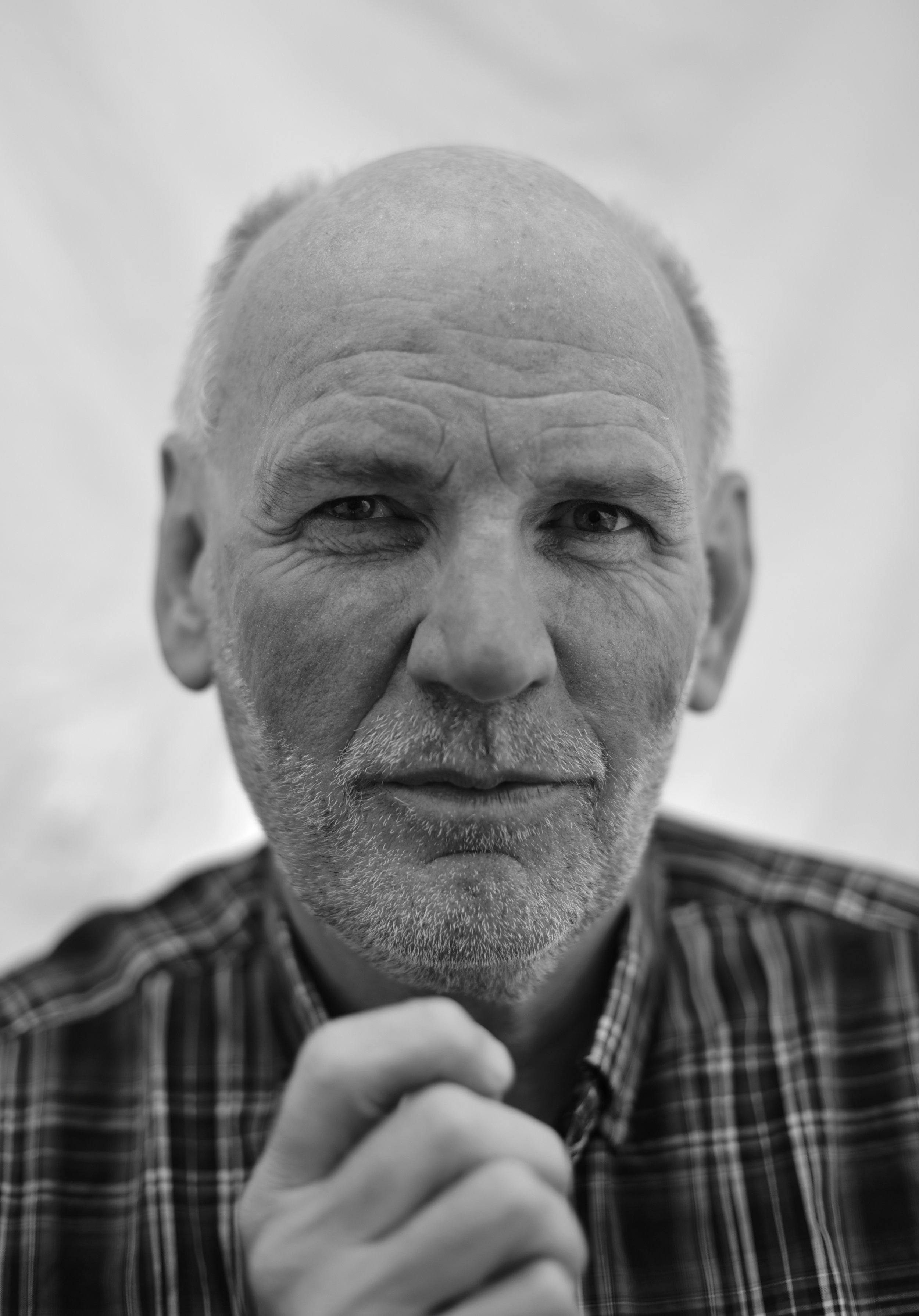Change My Mind
The idea of brain implants is fast developing; moving from small scale medical interventions to the full-blown possibilities of Elon Musk’s neuralink. This event with art-scientist Andrew Carnie investigated and discussed the collaborative works created to interrogate the concept of brain implants. A number of artists, scholars, and young adults collaborated with Carnie on making the exhibit Change My Mind, which deals with the mind and its potential alteration using implanted devices. Given a prompt, the collaborators expressed their ideas onto the embryonic object produced by Carnie. In trying to understand what people would like to change about their minds, Carnie ponders upon the implications—the good, the bad, and the terrifying—of altering the brain.
About the Art-Scientist
Andrew Carnie is a studio-based artist working from Winchester in the United Kingdom. His practice often involves a meaningful exchange with scientists. Themes and ideas are often based around neurology, the brain, and how we get a sense of our-selves through ideas and images generated by contemporary science.
The work is often time-based in nature, involving light and slide dissolve systems or video projection onto complex screens. In darkened spaces layered images appear and disappear on suspended voiles, the developing display absorbing the viewer into an expanded sense of space and time through slowly unfolding narratives that evolve around them.
About the Art Historian
Marius Kwint’s doctorate, at Magdalen College at the University of Oxford, was on the history of the circus in 18th and 19th century England. His subsequent roles included research fellowships at the Victoria and Albert Museum and Royal College of Art, London, and the Houghton Library, Harvard University; and then a decade as Lecturer in History of Art at the University of Oxford. Kwint currently teaches visual culture to practical art and design students at the University of Portsmouth, on the south coast of England. He has curated several exhibitions, including Brains: the Mind as Matter at Wellcome Collection in 2012 and the Museum of Science and Industry, Manchester in 2013; and Frontiers Reimagined: Art That Connects Us with Sundaram Tagore at the 2015 Venice Art Biennale.





